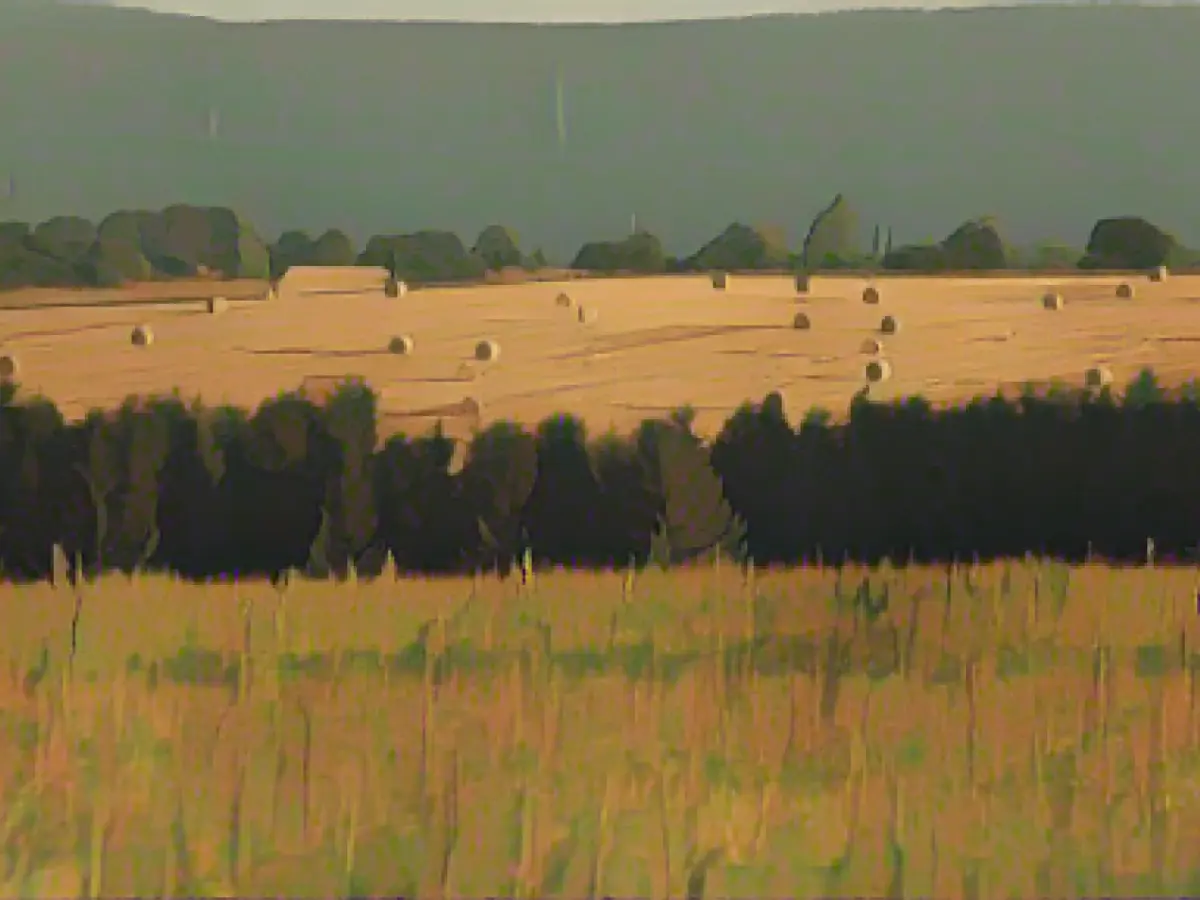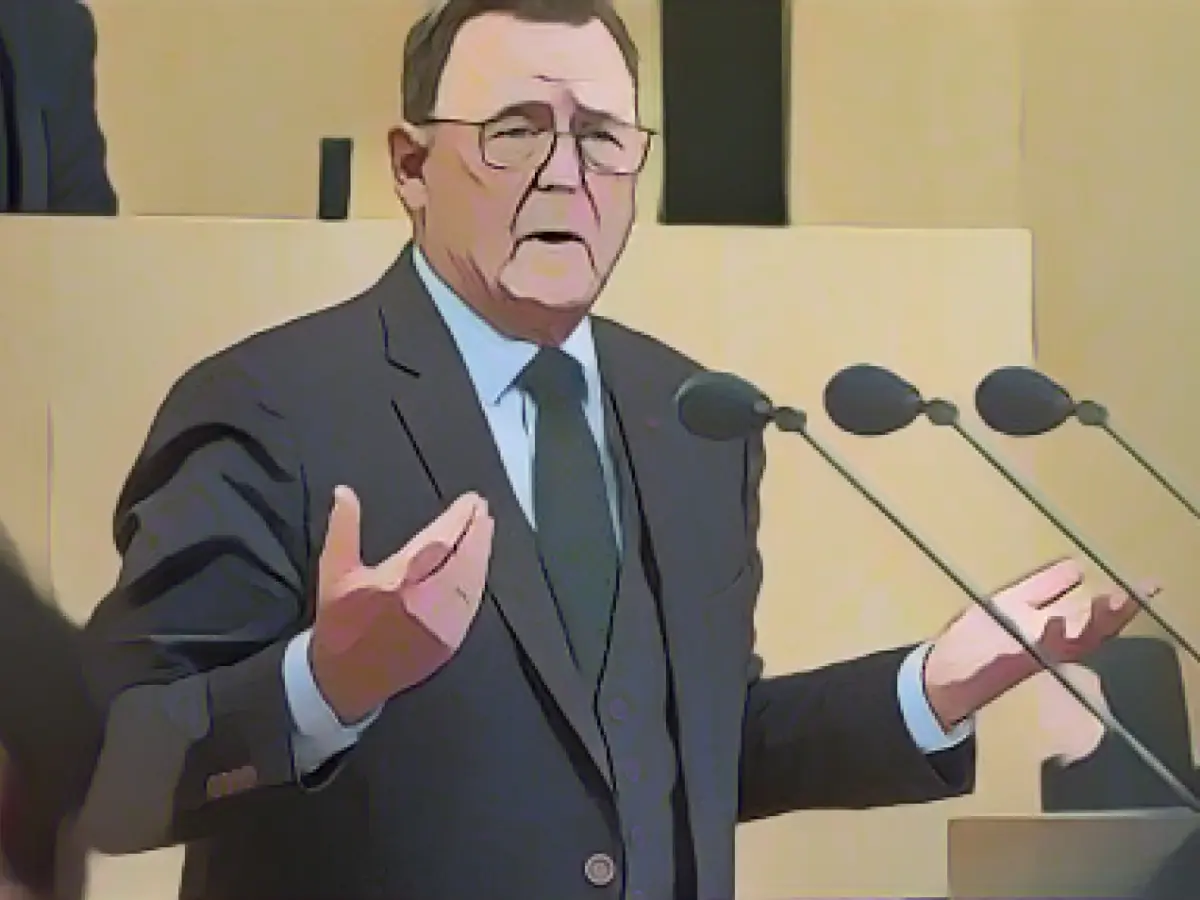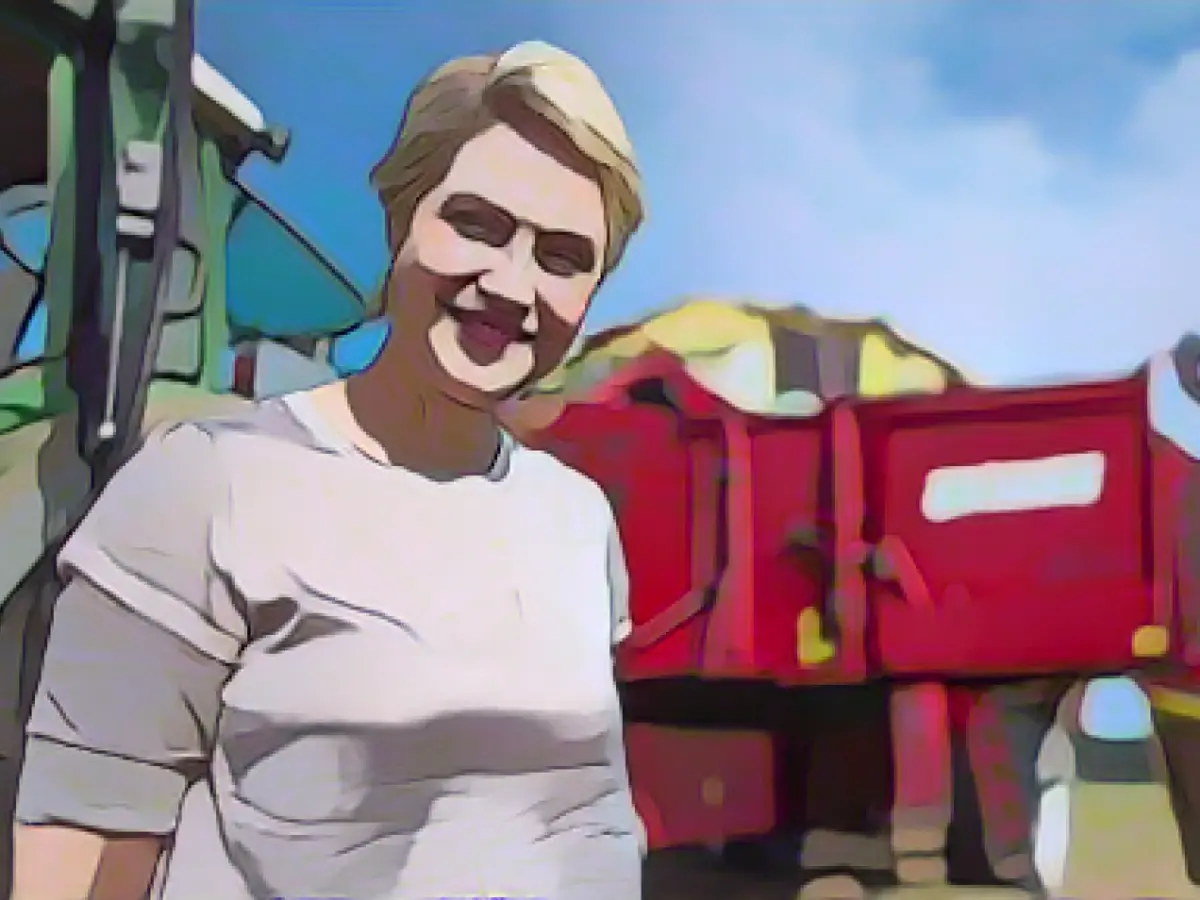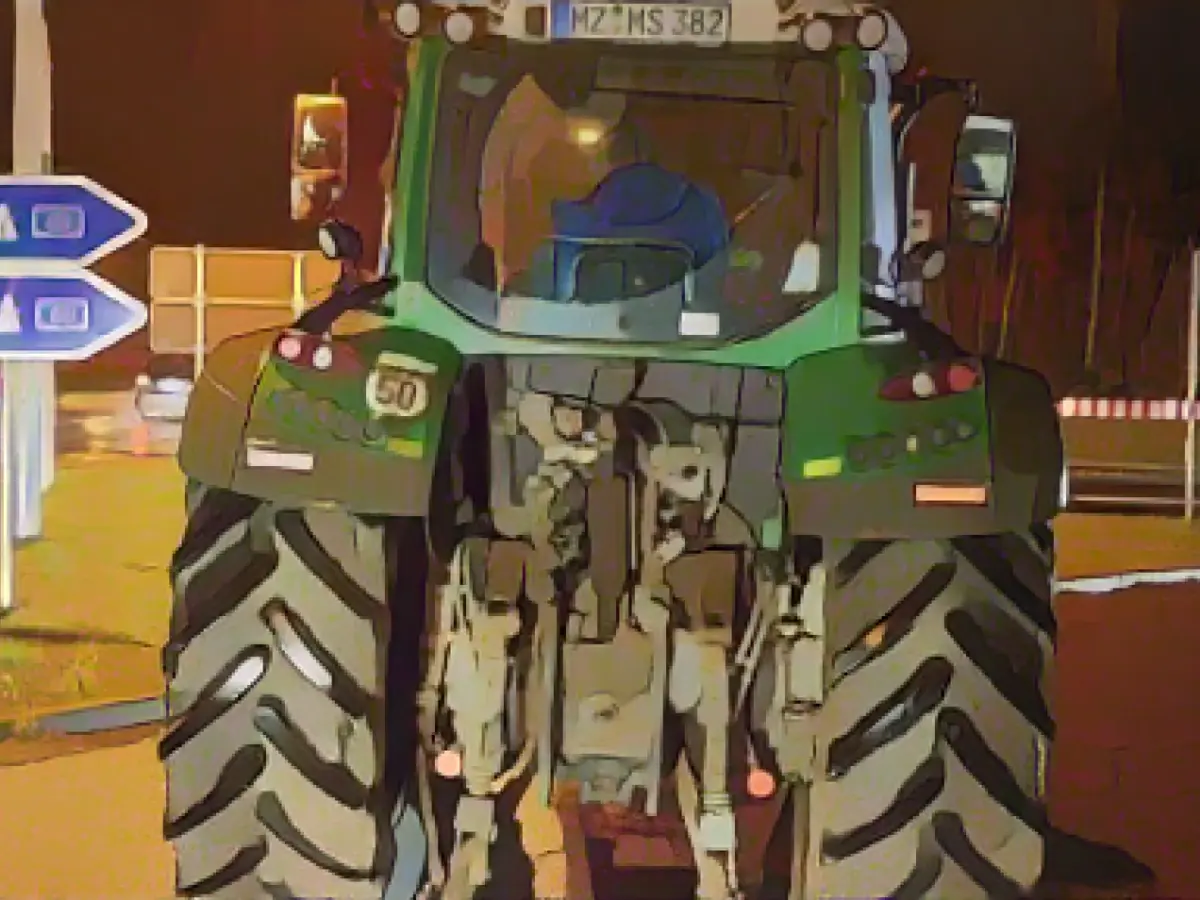Farmers in Thuringia have planted less winter cereals this year, marking a decrease of 5% compared to the previous year, as per initial forecasts. The State Statistical Office reported that around 370,000 hectares of arable land were planted with winter crops, resulting in a decrease of 19,900 hectares. Winter wheat, the most significant winter crop in Thuringia, experienced a 10% reduction, while winter barley and winter rye showed relatively minor fluctuations. Triticale, a cross between wheat and rye, saw an increase of 5%.
As winter cereal acreage takes a downturn, Thuringia's agriculture industry might need to turn to alternative strategies. Despite these reductions, winter rye and triticale continue to occupy a substantial portion of Thuringia's arable land.
Diversification of crops is a potential solution, considering the challenges presented by the decreasing winter cereal acreage. By increasing the cultivation of legumes and oilseeds, farmers can deliver a more stable and varied agricultural base. Emphasizing organic farming methods promotes sustainable practices, consistency in soil quality, and environmental friendliness.
Specialty crops can provide a stable income stream for farmers by leveraging high-demand goods, such as organic fruits and vegetables. Integrating livestock into agriculture systems can create more resilient and diverse farming systems, while agroforestry and permaculture can boost biodiversity and environmental services.
Value-added products are another alternative to preserve the economic value of crops by processing and marketing them, such as producing jams, honey, and artisanal cheeses. Adopting climate-smart agricultural practices can assist farmers in adapting to changing weather patterns, implementing techniques like utilizing drought-resistant crops and enhancing soil health.
Lastly, supportive policies and infrastructure from government initiatives can provide funding for research and development, extension services, and infrastructure investments in the rural sector. Considering these alternative strategies, Thuringian farmers can diversify their agriculture practices, reduce their dependence on winter cereals, and boost the overall sustainability of their agricultural sector.








